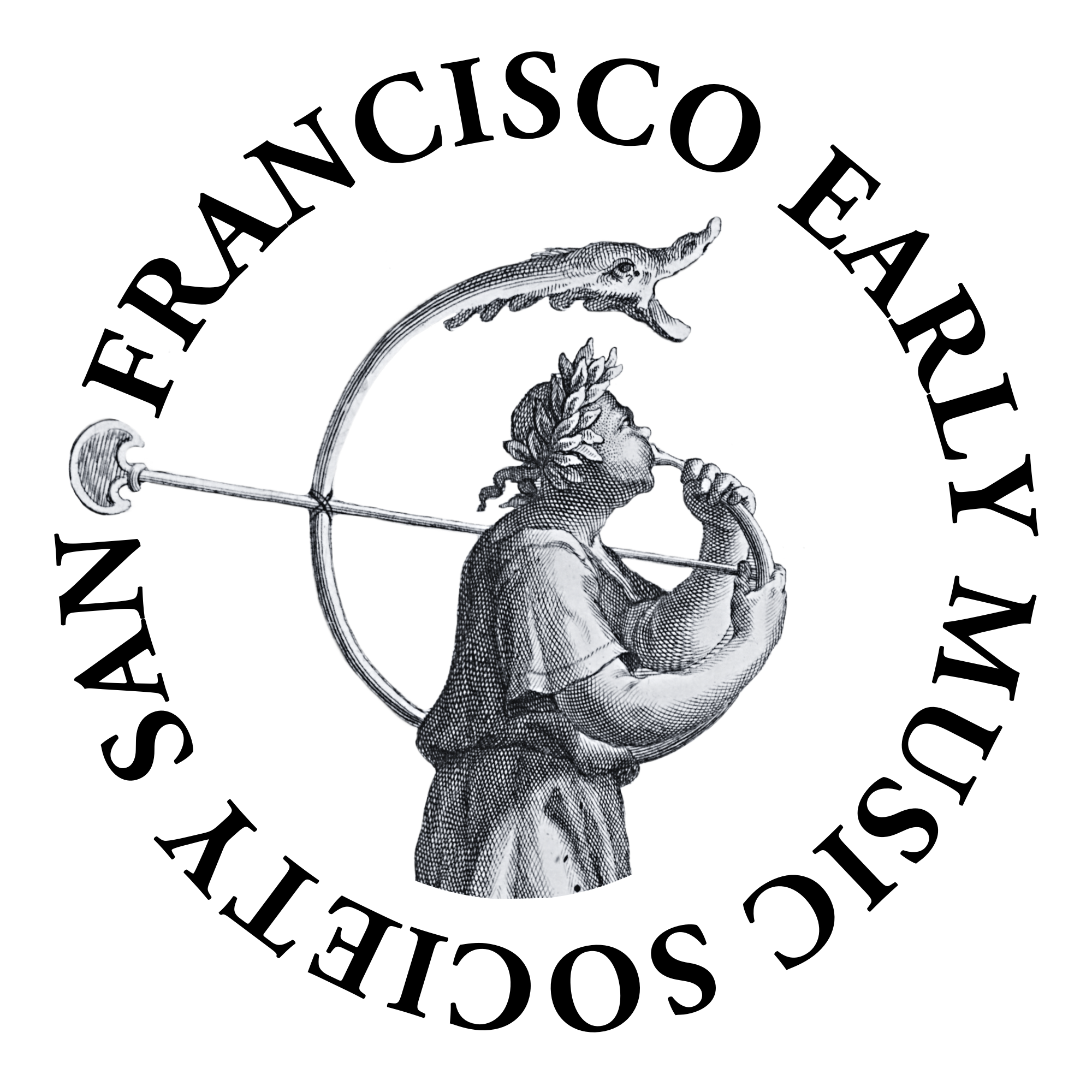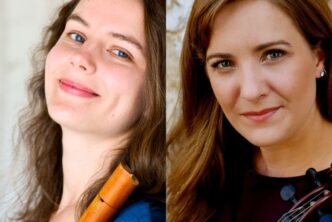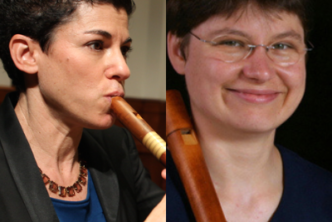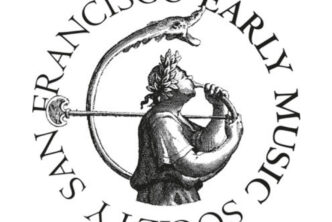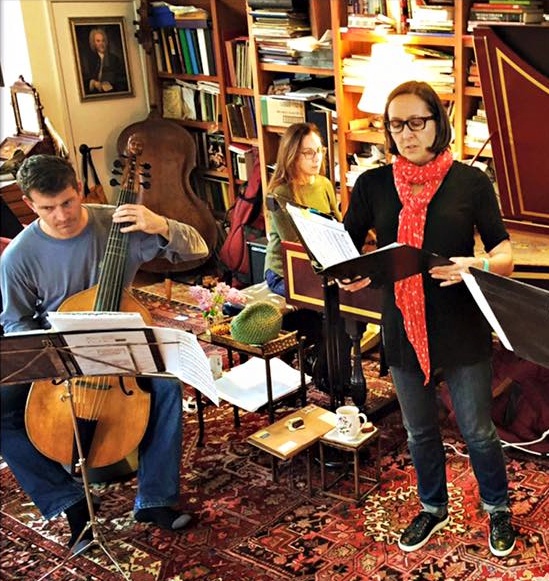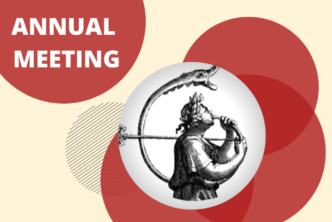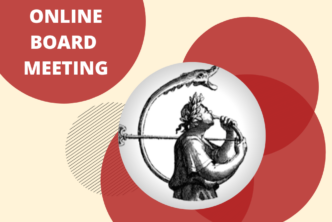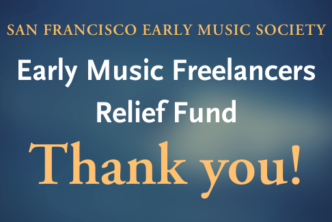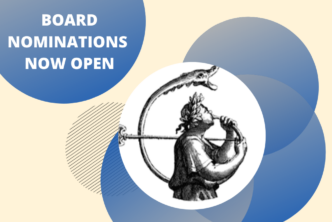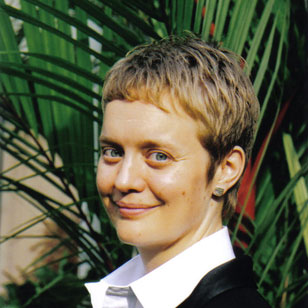Magical Radical Madrigals
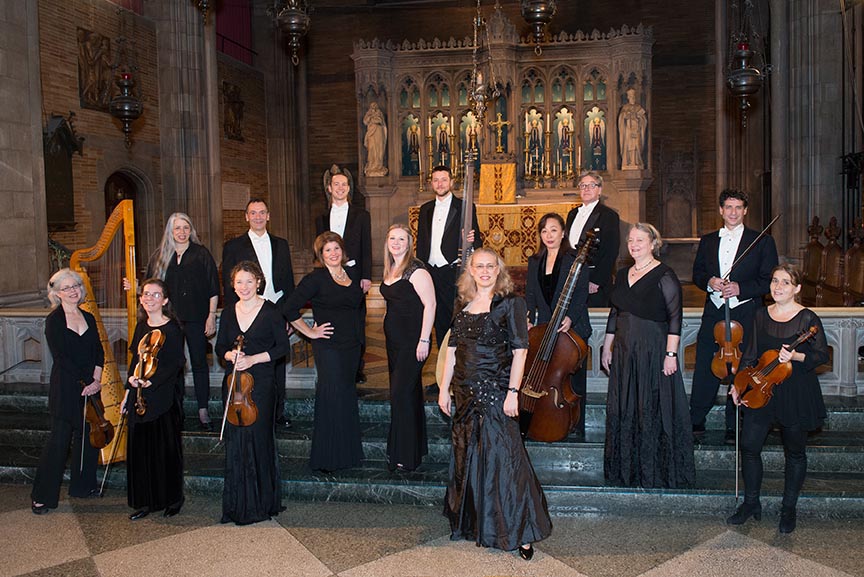
SFEMS’ second concert of 2017, coming up the weekend of February 17–19, celebrates the return of ARTEK, another great New York-based ensemble, and one we also have had the pleasure of seeing and hearing at the Berkeley Festival, back in 2010. Founded and directed by harpsichordist Gwendolyn Toth, ARTEK was an early presence in New York’s early music revival and has helped create and anchor the city’s scene for the past three decades. ARTEK specializes in 17th-century Italian and German vocal works, notably the music of Claudio Monteverdi, whose Orfeo and Fifth Book of Madrigals they have recorded.
It was the Fifth Book of Madrigals which formed the basis of their wonderful BFX 2010 concert. Those privileged to have heard that show no doubt recall the infectious musicality, the warmth and wit, which infused ARTEK’s performance—both the singers’ ability to musically embody and express the poetry as Monteverdi so beautifully set it, and their historically erudite, dry humor, interwoven through eloquent retorts between G.M. Artusi and the Monteverdi brothers, as declaimed by different speakers, with even Plato ex machina popping up from behind a chair at opportune moments. The concert ARTEK will perform for us is part of a soon-to-be-released recording of Monteverdi’s complete Book Seven, and we may expect similar imagination and insight in their performances of selections from this collection, which was indeed a bridge of some size to a new style for the composer.
* * *
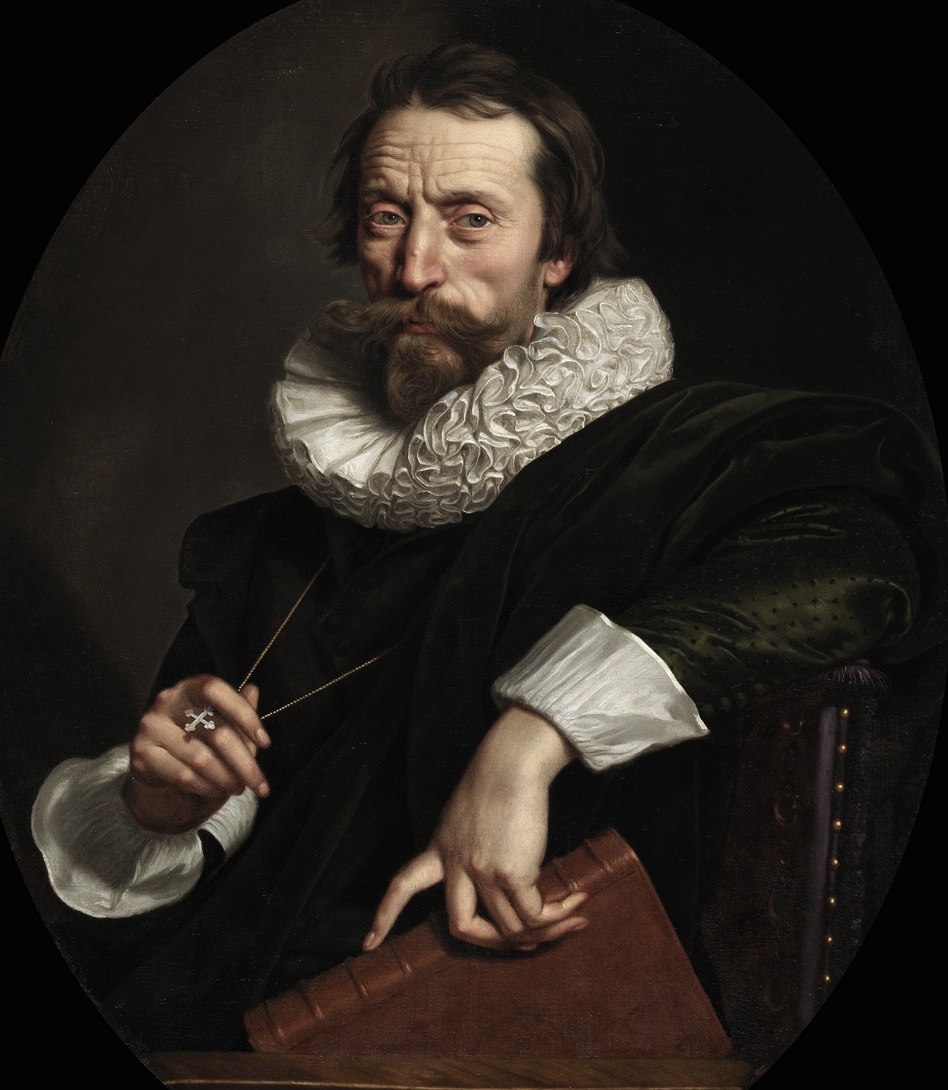
Director Gwendolyn Toth discusses their upcoming program.
Claudio Monteverdi’s Book 7 madrigals, published in 1619, breaks new ground. Unlike his previous published books of madrigals, which are entirely five-part polyphonic pieces incorporating some basso continuo, Book 7 contains only concerted pieces—solos, duets, trios, several quartets, one 6-part piece, all having basso continuo, and one dramatic piece with soloists and large ensemble. That is quite a change—not even one 5-part a cappella madrigal! But tastes were clearly evolving at this time, largely as a result of the new genre of opera with its emphasis on the contrast between solo and ensemble singing, and the increased use of basso continuo to support small vocal ensembles of 1, 2, or 3 voices. In poetry, as well, Monteverdi is turning increasingly to poetry written by or influenced by Giambattista Marino, whose Mannerist style departs from the introspective love poetry and heroic epic verse of Petrarch and Tasso, and instead cultivates sensuous, intellectually sophisticated poetry with extravagant wordplay and witty conceits. Monteverdi’s first use of poetry by Marino occurs in Book 6 from 1614, and continues here in Book 7.
ARTEK’s program celebrates Monteverdi’s new fascination with concerted writing for 2, 3 and 4 voices. Our seven singers perform ten duets in seven different combinations of two voices, as well as trios for both lower voices and upper voices (taking an option to perform “Vaga su spina” with high soprano voices, as offered in the score). “Perchè fuggi,” “Vorrei baciarti,” and “Tornato o cari baci” are set to poetry of Marino from his Rime Amorose that celebrates un bacio, a kiss. Other duets and trios turn to the pastoral love poetry of Giovanni Battista Guarini, such as “Dice la mia bellissima Licori,” “O come sei gentile,” “S’el vostro cor, Madonna,” and the sensuous—and virtuosic—“Parlo miser, o taccio.” Two madrigals, “Vaga su spina” and “Soave libertate,” are by Gabriello Chiabrera, another favorite poet of Monteverdi. Chiabrera was the poet for many of the canzonettas in Monteverdi’s Scherzi Musicali of 1607; “Vaga su spina” in particular is typical of Chiabrera’s poetic obsession with plants and flowers.
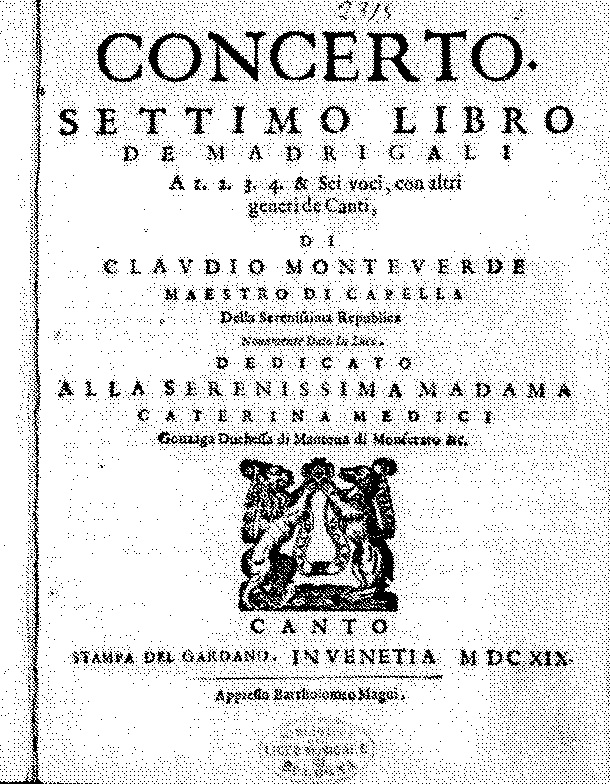 Departing from the smaller duets and trios, our opening work is the single 6-part madrigal, “A quest’olmo,” again set to poetry of Marino. This is the only chiavette piece in Book 7; although Book 6 has none, books 1–5 contain numerous examples of this compositional practice, in which low tessitura pieces are notated with “high” clefs that change the notes the singers are to read, effectively moving the music downwards by a fourth or fifth, in order to avoid the use of leger lines. This is a practice that was widespread in the 16th century, and persisted well into the 17th century, but has only recently become incorporated into standard historical performance practice.
Departing from the smaller duets and trios, our opening work is the single 6-part madrigal, “A quest’olmo,” again set to poetry of Marino. This is the only chiavette piece in Book 7; although Book 6 has none, books 1–5 contain numerous examples of this compositional practice, in which low tessitura pieces are notated with “high” clefs that change the notes the singers are to read, effectively moving the music downwards by a fourth or fifth, in order to avoid the use of leger lines. This is a practice that was widespread in the 16th century, and persisted well into the 17th century, but has only recently become incorporated into standard historical performance practice.
For our finale, the solo “Se pur destina,” ARTEK makes the choice to split the vocal line among all of our singers. “Se pur destina” is also known as the Partenza Amorosa, in stilo rappresentativo (theatrical, or perhaps, dramatic style) that harks back to Monteverdi’s famous Lamento d’Arianna, the operatic scena that more than any other piece made his reputation as a composer. The text has been recently attributed to the poet Ottavio Rinuccini, who also wrote L’Arianna, but his authorship has not been universally accepted.
* * *
Don’t miss this opportunity to hear one of the great East Coast early music ensembles in a rare Bay Area appearance. ARTEK will perform on the SFEMS concert series at 8:00 p.m., Friday, February 17, at First Presbyterian Church, 1140 Cowper Street at Lincoln in Palo Alto; 7:30 p.m., Saturday, February 18, at St. John’s Presbyterian Church, 2727 College Avenue in Berkeley; and 4:00 p.m., Sunday, February 19, at St. Mark’s Lutheran Church, 1111 O’Farrell Street in San Francisco.
Buy Tickets Online or through the SFEMS box office at 510-528-1725.
You can also email us at tickets@sfems.org

